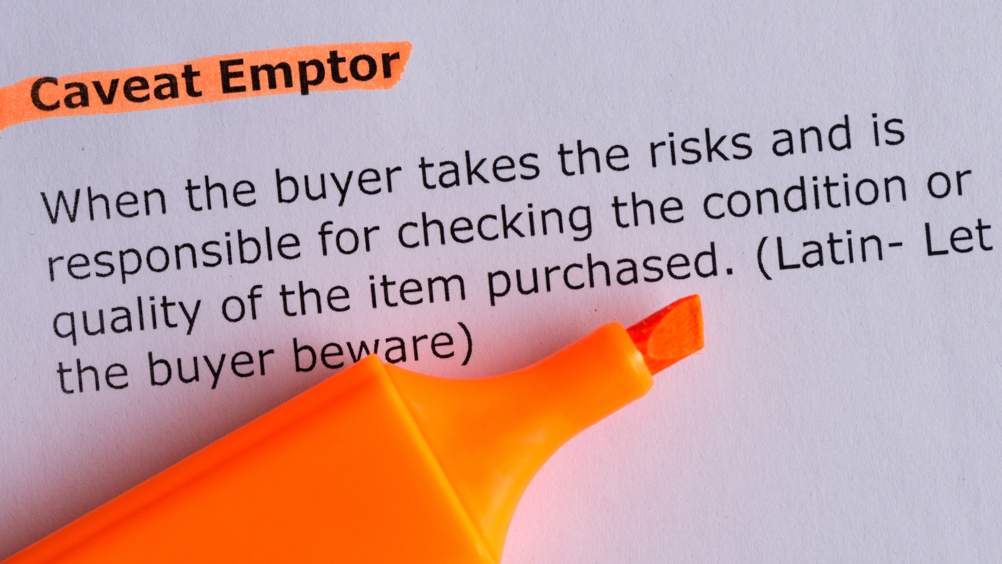Caveat emptor

Jon Drysdale busts nine myths of buying and selling a practice.
Jon Drysdale busts nine myths of buying and selling a practice.
There are quite a few misconceptions about buying a dental practice and I hear them all on a regular basis. Having been in a position to see things from both the buyer and the vendor’s perspective I can shed some light on the myths and realities if you are planning to buy a practice. Prospective vendors also take note as an understanding of your buyer can be useful when you come to sell.
Myth one: an agreement in principle can be transferred
Buying a business is not like buying a residential property – the loan arrangements are entirely different for one thing. There are a number of points to mention here but, fundamentally, banks will not supply an agreement or a decision in principle to a buyer without first examining the financials of the target practice. So, when a buyer makes an offer on a practice claiming to have pre-arranged finance, perhaps from a previously failed purchase transaction, the sales agent is unlikely to accept this for the reason that no two dental practices are the same. Before you make an offer, I recommend, where possible, you and your lenders consider the following.
Register now to continue reading
WHAT’S INCLUDED
-
Unlimited access to the latest news, articles and video content
-
Monthly email newsletter
-
Podcasts and members benefits, coming soon!
